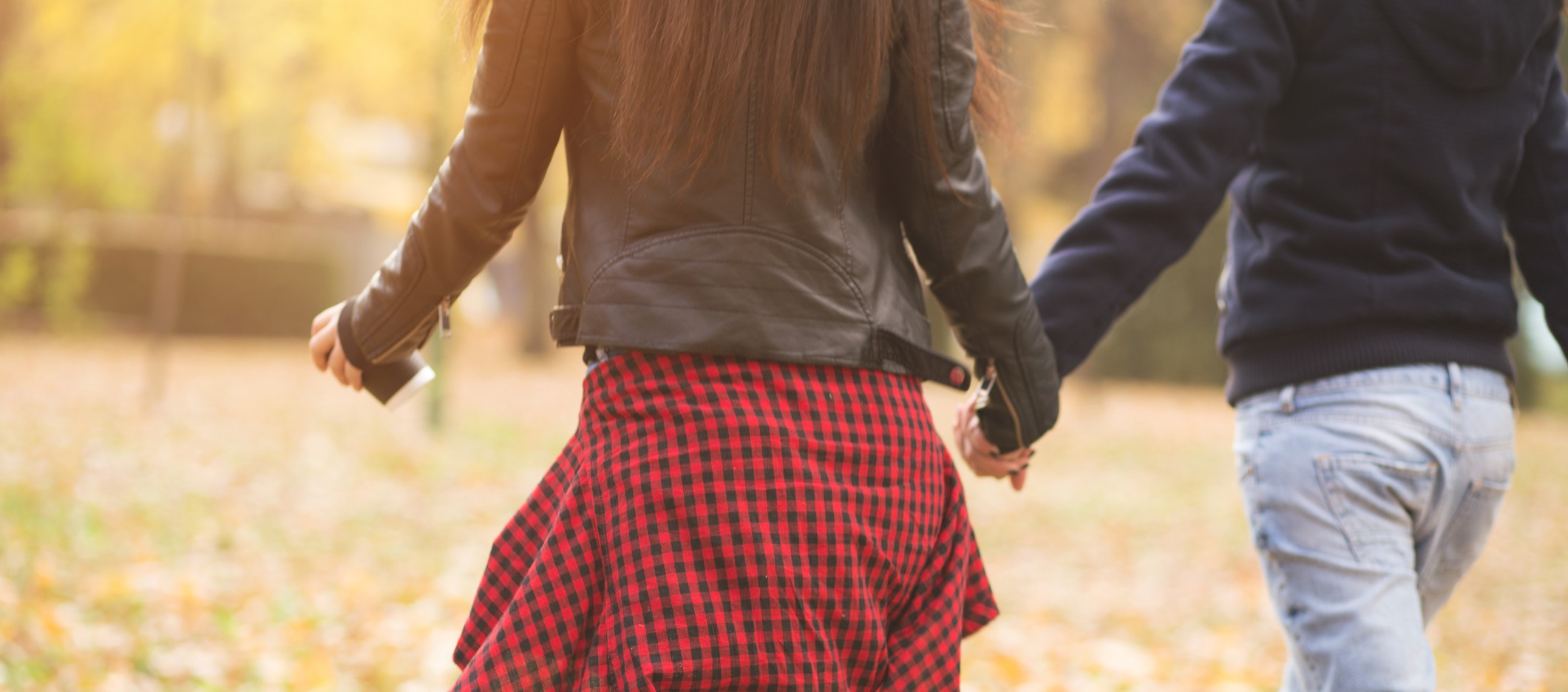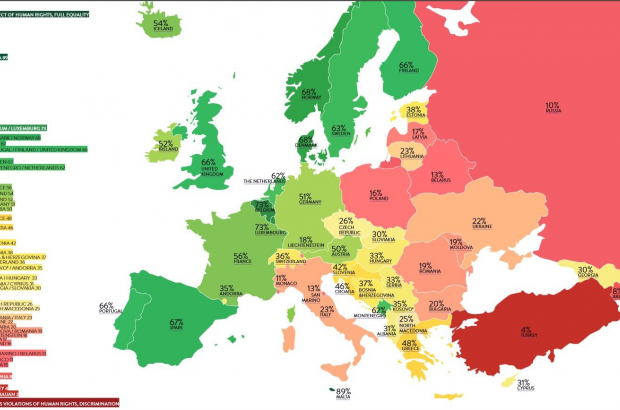- Daily & Weekly newsletters
- Buy & download The Bulletin
- Comment on our articles
Belgium number two in LGBTI protections, but societal attitudes must catch up
Belgium is still the second-best country in Europe when it comes to rights for the lesbian-gay-bisexual-transgender-intersex (LGBTI) community. It’s the third year in a row that Belgium has placed second on the annual Rainbow Index, compiled by queer advocacy group Ilga Europe. The Rainbow Index was released yesterday, just ahead of the International Day Against Homophobia on 17 May.
Belgium’s overall score on the index, however, has dropped since 2018, putting it in line this year with Luxembourg, which shares second place. Malta is in first place on the list of 49 countries for the fifth year in a row.
On a 100% scale, Belgium gets 73% from the organisation for its legal and social recognition of LGBTI people and families. That’s the same score it received last year, and a drop of 6% on the year before.
“Being at a standstill is in fact more like regressing,” Stijn Depoorter of Flanders’ queer rights group Cavaria told VRT. “We need to defend our place as a leader in LGBTI rights in Europe or we risk falling further down the ranking next year.”
Homophobia alive and well
What does Malta have that Belgium doesn’t? Several recognitions and protections, it seems, such as a ban on conversion therapy, a non-discrimination clause in the constitution, no restrictions on giving blood and a hate crimes law that includes gender identity.
Still, Belgium offers a great deal of protections that many other countries don’t, such as equality and non-discrimination laws that pertain to education, health care and employment for identity and gender expression.
Where Belgium has more of a problem is in areas not shown on Rainbow Index, according to Depoorter. While the Rainbow Index is an excellent indicator of legal protections, it does not address social acceptance and attitudes.
Another recent study, carried out by the European Union Agency for Fundamental Rights, showed that a nearly half of people who identify as LGBTI in Belgium have suffered from homophobia or transphobia in one form or another. And more than 60% are afraid to come out in certain situations, especially at work.

Two in three of the nearly 2,700 respondents to the survey said they would never walk hand-in-hand in the street, and one in three said they actually avoid certain places, such as public transport.
“If you’re not LGBTI, you don’t give a second thought to these things,” said Depoorter. “But the figure shows that LGBTI-people continue to face prejudice every day. They experience discrimination and violence and so they feel less comfortable in their own skin.”
That’s why Cavaria plans to focus on the well-being of the queer community in the coming months and years. Part of this will be a co-operation with the care and health sector to break through the assumptions of gender and sexual norms.
“Everyone can be a queer ally by showing that they accept us and to react to discrimination against us,” said Depoorter. “Then we’ll score well not only on paper.”
Photos, from top: ©Ilga; ©Pekic/Getty Images














